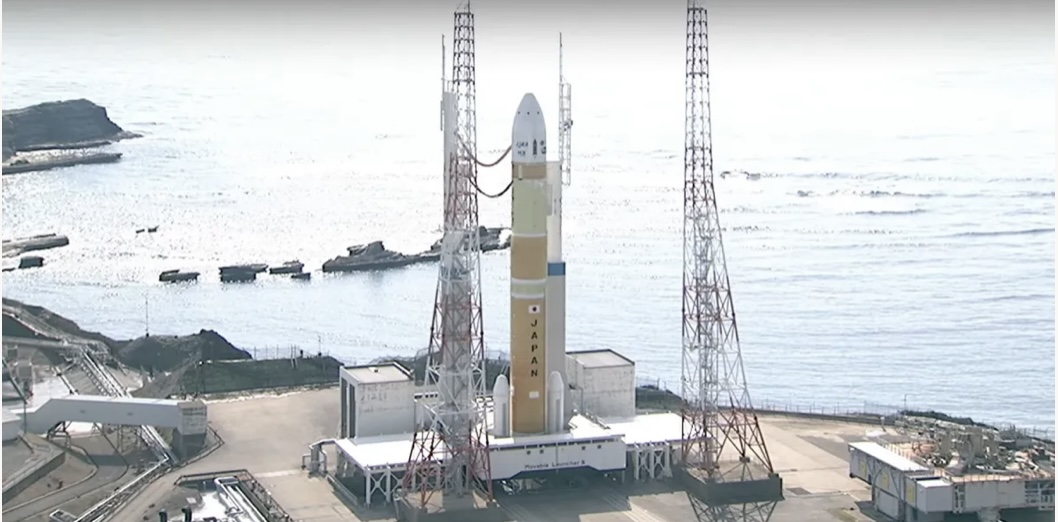
Japan’s space agency JAXA suffered a launch failure during the maiden flight of its flagship H3. The rocket was carrying an Earth observation satellite known as the Advanced Land Observing Satellite-3 ( ALOS-3.) The satellite was going to be used for cartography, regional observation, disaster monitoring, and resource surveying. The strap-on boosters and the first stage of the rocket performed as expected, but the failure occurred when the second stage engine failed to ignite. The cause is so far unknown.
Liftoff of the first H3 rocket, Japan's new flagship launch vehicle. https://t.co/z2M97sdXxN pic.twitter.com/eEd3Rv1dMp
— Spaceflight Now (@SpaceflightNow) March 7, 2023
The H3 medium-lift launch vehicle was designed by Mitsubishi Heavy Industries and JAXA. The rocket is powered by a liquid hydrogen and liquid oxygen fueled first and second stage as well as two strap-on solid rocket boosters that separate shortly after launch. Japan now joins the United States, Russia, China, and the European Space Agency as the only nations to operate liquid hydrogen-fueled engines.
The velocity is dropping like a stone. It's either failed or the telemetry is wrong. pic.twitter.com/oyllKvXja8
— Chris Bergin – NSF (@NASASpaceflight) March 7, 2023


